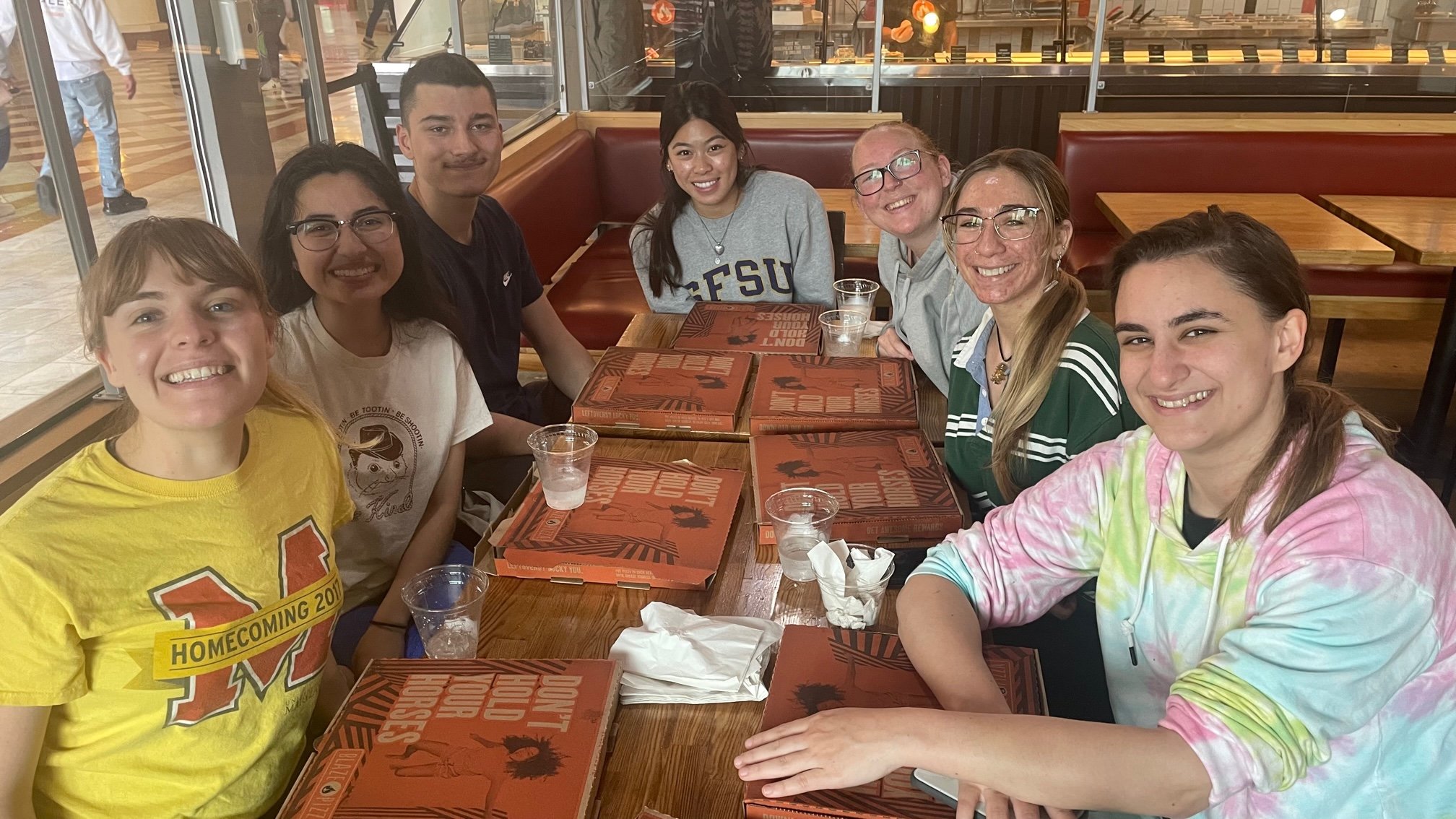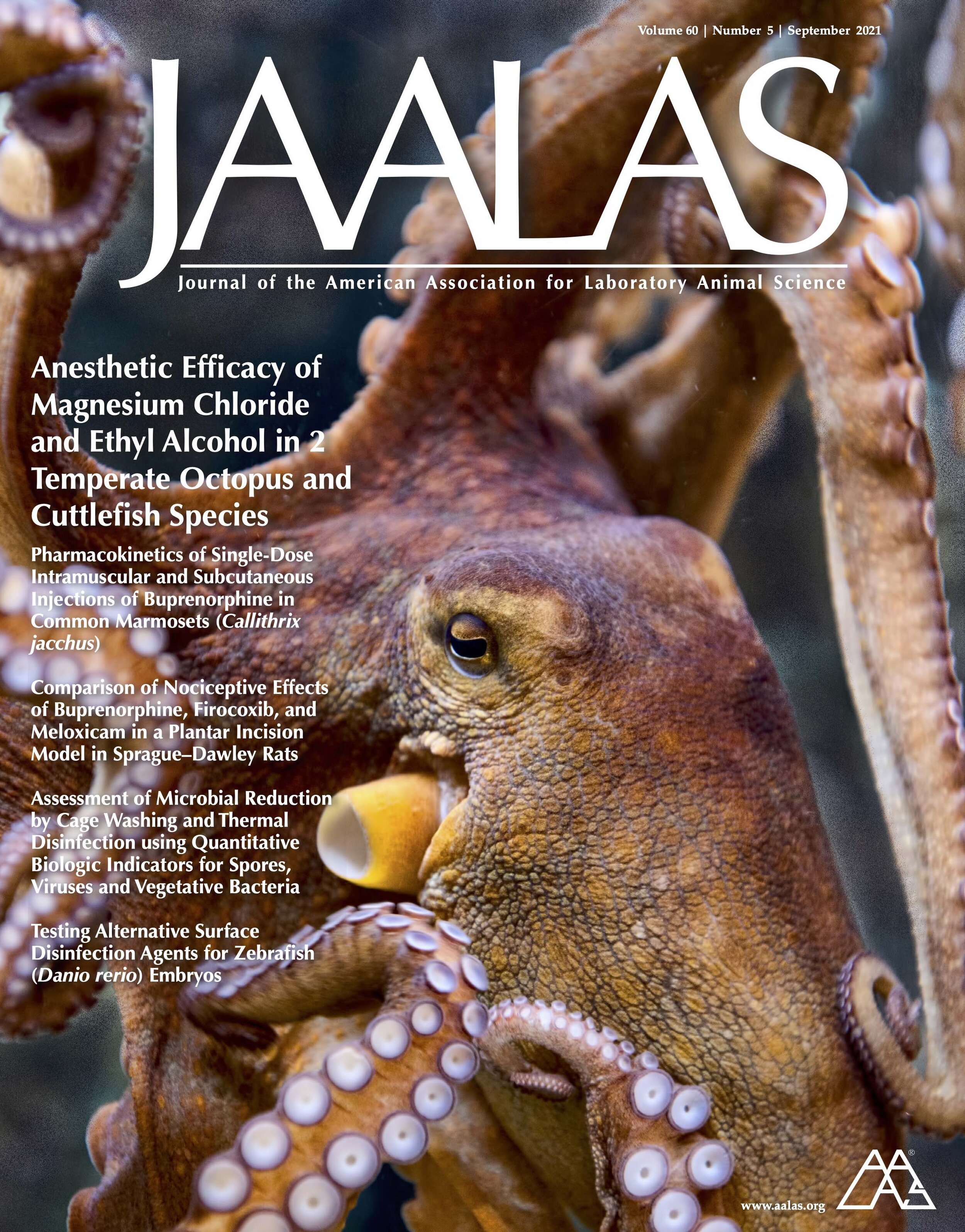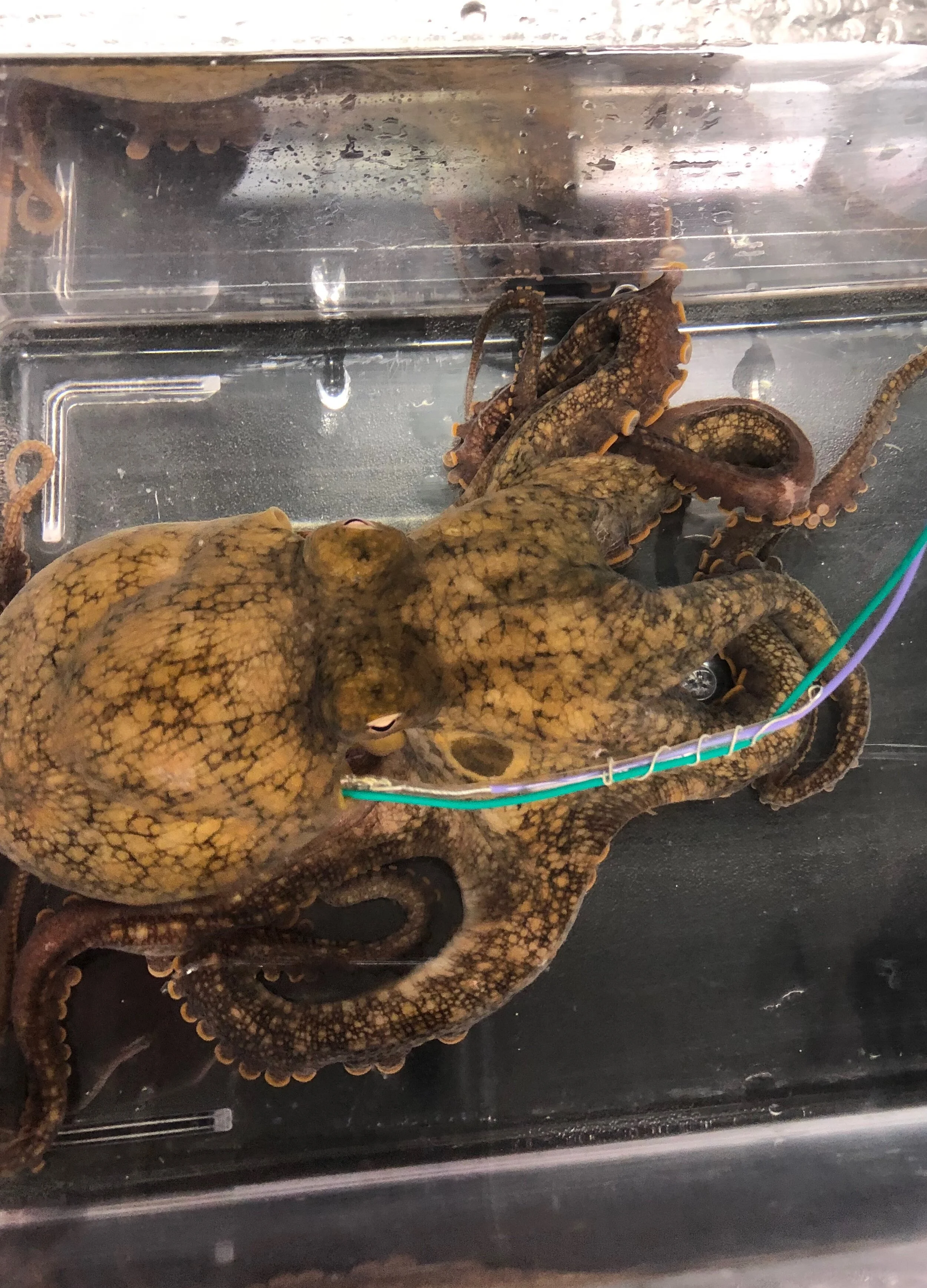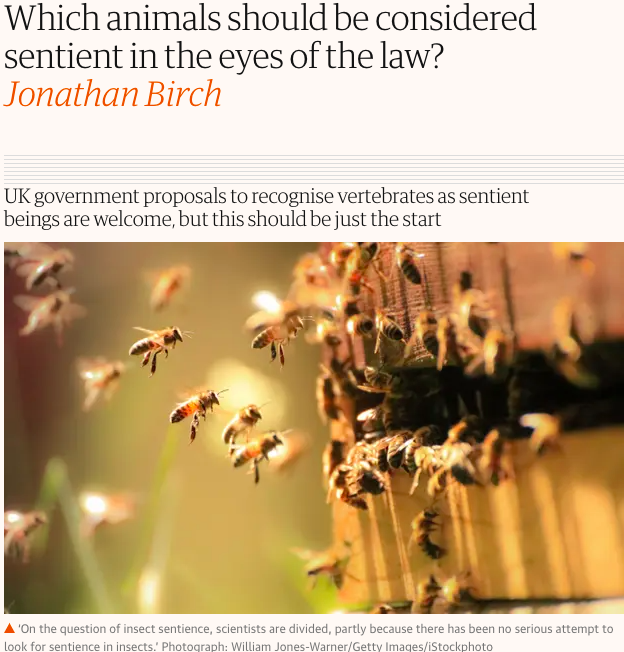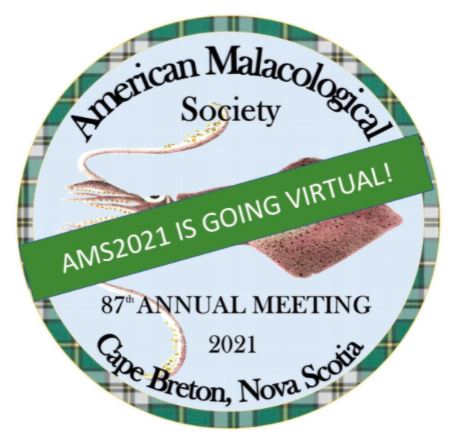One of the most exciting (and daunting!) projects we proposed to the Allen Foundation was to reconstruct the connectome of the octopus arm and sucker ganglia. The first stage in this enormous project is to acquire the 3D-EM dataset, which is being collected for us by the expert imaging team at the Cleveland Clinic. We’re collecting complementary datasets at multiple resolutions, to build a complete picture of the gross, three-dimensional anatomy of the ganglia, to trace individual fibers as they pass through from the arm ganglion into the sucker ganglion, and to reconstruct complete dendritic arbors of different types of neurons in the main arm ganglion. This low-resolution “atlas” dataset is shown here at 10% of its actual resolution, but cells, tracts, blood vessels and other features are clearly visible. We are incredibly excited to start recruiting SFSU undergrads to work on creating a ground-truth dataset of manually-traced cells, and we’re immensely thankful to the Frontiers Group of the Allen Foundation for supporting the acquisition and analysis of these incredible datasets. We expect to make these datasets freely available once we’ve performed the initial analysis.
Crook Lab work featured in The New York Times
The lab’s recent research on behavior and neurobiology of cephalopod pain experience was featured in an article in the New York Times this week, along with quotes from PI Robyn Crook. The article describes the regulatory landscape for invertebrate animals used in research laboratories in the USA and across the globe. The critically important issue of invertebrate sentience and welfare has generated considerable interest in the past several years, and it is encouraging to see that our ongoing work on welfare and technique refinements for cephalopods is having a significant impact on these discussions.
PI Robyn Crook quoted on insect pain
This week, journalist Katarina Zimmer published an outstanding and detailed report in Undark magazine on the ethics of using insects in research, agriculture and food production. Recent studies suggest bees have affective states similar to pain, and closely paralleling the findings from our own lab on pain experience in octopuses. PI Robyn Crook was quoted in the article discussing the regulatory and welfare landscape for invertebrate animals used in research, and the possibility that pain and suffering may be widespread capabilities of diverse brains, not just those of vertebrate animals.
Welcome REU students Jonathan and Connor!
SFSU Biology’s REU program is back in person this year and the lab is delighted to welcome Connor Squellati from Pomona College and Jonathan Shia from Northeastern to the lab for the summer.
Jonathan comes to us via the MBL’s cephalopod initiative, where he has been working as a husbandry intern for the past semester. He’ll be working on a project to measure peripheral nerve activity in cephalopods in the presence and absence of putative analgesics. He’ll be supported by a team of Skyler and Chris - Skyler’s behavioral work on analgesia provides the background for his study, and Chris’s electrophysiological expertise provides the practical training in the skillset he’ll be developing here.
Connor’s main interest is in the molecular biology and genetics of nociception and plasticity in cephalopods. He’ll be conducting a study looking at expression of nociceptor-specific channels and other molecular markers in octopus and squid tissue. Connor will be working alongside Gabby, who brings years of experience in bioinformatics, molecular techniques and in-situ hybridization to the lab.
In addition, they’ll be taking part in the regular REU professional development activities and obtaining a certificate in coding by working alongside Rachel, who is using the Python-based program Deep Lab Cut to analyze the walking kinematics of her flamboyant cuttlefish.
We wish them a busy, productive and enjoyable summer!
New Publication: Neurobiology of senescence in Giant Pacific Octopus
Congratulations to first author Meghan Holst, whose MS thesis work is published this week in the Journal of Comparative Biochemistry and Physiology Part A. Her paper, titled “Behavioral changes in senescent giant Pacific octopus (Enteroctopus dofleini) are associated with peripheral neural degeneration and loss of epithelial tissue” is the culmination of a large multi-site study of GPOs in public aquaria in the USA.
In this paper, Meghan shows that GPOs experience significant changes to sensory physiology beginning early in the reproductive period - far earlier than we appreciated previously - and that the peripheral nervous system degenerates significantly as neuronal cells fail to regenerate toward end of life. Her study raises important new questions about the welfare of octopuses during the terminal senescence phase, as well as interesting new mechanistic questions about how the peripheral nervous system degenerates during aging in cephalopods.
Our hope is that this and future studies of senescence in octopus will lead to ongoing refinements in management in public aquaria and in research laboratories.
Crook Lab research featured in Ed Yong's book, "An Immense World"
Several years ago Crook Lab PI Robyn Crook gave an interview to The Atlantic’s science journalist Ed Yong, as he was touring the country developing material for his forthcoming book. That book, titled “An Immense World” describes the many ways animals sense and make sense of their worlds and came out this week.
In a chapter dedicated to pain, the Crook Lab’s work on octopus and squid is featured along with comments on the challenges of pain research by Robyn Crook.
The book is a fantastic read from start from finish, and it’s a privilege and a delight to see our work featured in such an engaging and detailed way.
Congratulations Skyler, Chris and Alyssa!
Skyler Deutsch, Alyssa Ng and Chris Seng won second place in the Graduate Division of the poster competition at the CoSE Showcase on May 3rd, 2022, for their poster titled “Analgesics for improved welfare of Hummingbird bobtail squid, Euprymna berryi”.
This is an outstanding effort from all three team members given that none of them are currently graduate students (Skyler is a post-bac, Alyssa and Chris are undergrads; they competed in the grad division because Skyler, the team leader, is ineligible to be in the undergrad competition). Skyler has been leading this project for a little over six months and to beat out all but one other team of graduate students is an amazing achievement. Congratulations Skyler and team!
The Crook Lab at the SFSU CoSE showcase
After a two-year hiatus due to COVID-19, the SFSU CoSE Research Showcase is back! The Crook Lab presented four posters on different aspects of our work, with a total of ten students sharing authorship of the different posters. We presented work in progress on both major research streams in the lab; two posters focused on welfare-related questions of anesthesia and analgesia, and two posters on the basic neurobiology of nociception in Euprymna berryi. It’s been an incredibly productive and busy semester for all the lab’s students, and it’s great to see these projects presented to our campus audience.
Research on the SFSU campus continues to be a vitally important aspect of our students’ education, and our ability to engage our students in cutting edge neuroscience research is a great strength of the Department of Biology and the College of Science and Engineering. We look forward to sending these projects out for publication soon!
PI Robyn Crook discusses nociceptor evolution on Pain Beat Podcast
The Pain Beat podcast covers a wide range of topics related to the study and treatment of pain. In the most recent episode (Episode 11), Dr. Robyn Crook and four other leading pain researchers discuss the evolution of nociception and pain, whether nociceptors are the archetypal sensory neuron, and whether chronic pain is adaptive or maladaptive. This podcast is a live recording of a panel discussion at the Gulf Coast Pain Consortium meeting, where clinicians and basic researchers convene to discuss new ways to approach pain treatment. As evolutionary and comparative perspectives on prolonged and chronic pain gain traction, our hope is that broader understanding of the diversity of pain states among different animals will lead to improvements not only in human health, but in the treatment and prevention of pain in all animal species.
Crook Lab research featured in Science News cover story
The Crook Lab’s work on affective states in cephalopods is currently featured in Science News’ cover story on animal emotions. In the wake of the UK Parliament’s Animal Sentience Bill, there has been increased interest in the capacity of invertebrate animals to feel emotional and affective states such as pleasure and pain. Our work on pain experience in octopus was heavily influential in the report that aided the UK’s decision-making process on declaring cephalopods sentient animals, and in this story the journalist explores the role of behavioral measures of emotional states in a wide range of species. It is encouraging to see growing interest in the similarities among internal states of invertebrate and vertebrate animals, as to see that this increasing scientific knowledge is being used to support the need to regulate the use of some invertebrates in research and other settings.
New arrivals to the lab!
This week we received some new animals from the Marine Biological Laboratory’s Cephalopod Culture Initiative (read more about this program in the New York Times) to support our ongoing research into cephalopod neurobiology and behavior; Sepia bandensis and Metasepia pfefferi.
S. bandensis is a species we’ve had previously in the lab, to study the role of skin injury and noxious sensory input in driving behavioral plasticity in different contexts. These new animals will be used in an NSF-funded study of male mate contests, as we test the hypothesis that nociceptive sensitization provides fitness benefits in the realm of reproductive behavior and not only in predation encounters. M. pfefferi is new to us, and we’re excited to learn more about this species as they grow in the lab. In a project funded by the Frontiers Group of the Allen Foundation, we will examine their unique quadrupedal walking behavior and the neural circuits that control the left-right and front-rear co-ordination of walking on different substrates.
Dr. Robyn Crook quoted in the New York Times
Dr. Robyn Crook was quoted today in a new article in the NYT, describing recent efforts at the Marine Biological Laboratory to develop Octopus chierchiae as a new model species. Dr. Crook commented on the ethical and regulatory boundaries for cephalopods in research, making the point that captive-bred research specimens permit better experimental reliability and overall fewer numbers of animals to be used in research studies. The MBL cephalopod culture team has provided the Crook Lab with captive bred specimens of Euprymna berryi (pictured in the article), as well as Sepia bandensis and Metasepia pfefferi.
PI Robyn Crook discusses how octopuses can help us understand the brain
Dr. Robyn Crook contributed a comparative perspective to the Allen Institute’s Lab Notes podcast this week (for Brain Awareness Week). This podcast delves into the question of why we don’t yet understand the brain, and if in fact it is ever possible to understand the human brain. Given that the vast majority of brain neuroscience is conducted in mammalian models, we are lacking a broader comparative viewpoint that could reveal new and important things that shared features of all brains. Cephalopod brains provide an important comparative perspective on that question. Listen to the podcast here or read the written story here.
Robyn Crook named a 2021 Allen Distinguished Investigator
Dr Robyn Crook is among 23 researchers from across the globe named today as 2021 Allen Distinguished Investigators (ADI) by The Paul G. Allen Frontiers Group, a division of the Allen Institute. This honor comes with a 3-year research award of 1.5 million USD in Neural Circuit Design, which will support ongoing work in the Crook Laboratory focused on elucidating mechanisms of sensing, movement and plasticity in the cephalopod nervous system.
The Allen Foundation describes their Distinguished Investigator Program: “The Allen Distinguished Investigator program supports early-stage research with the potential to reinvent entire fields. Grants range between $1 million and $1.5 million over three-year terms to individuals and scientific teams. More than 90 Allen Distinguished Investigators have been awarded since 2010”.
We are honored to be included among this group of outstanding scientists and innovators.
Read a longer statement by Dr. Crook on being named an ADI here
The Crook Lab gets the cover of JAALAS!
Our recently published paper “Anesthetic efficacy of magnesium chloride and ethanol in temperate octopus and cuttlefish species” is featured on this month’s cover of JAALAS magazine. This is the flagship journal of the American Association for Laboratory Animal Sciences, and their decision to feature an invertebrate - which is currently not a regulated species under US animal welfare law - on their cover demonstrates the growing awareness of welfare and refinement in research using cephalopods as model organisms. Congratulations to our fantastic team of veterinary medicine collaborators who led the study at the MBL!
Re-starting after COVID...
In the past few weeks, with the Fall 21 semester getting started and our university campus slowly re-awakening after more than a year of being completely closed, the Crook Lab has also begun to resume research activities! We’re welcoming new MS, undergraduate and postbac researchers (see the People page to learn more about them), we’re repairing and cycling our animal housing systems ready for new animals, and we’re resuming work on projects that have been on hold for almost two years. Last week we began collecting new data to complement our ongoing study of neural degeneration in senescent cephalopods, including a new species for the study, Octopus rubescens. The first images we’re collecting from animals in Meghan Holst’s study look exciting and it’s great to see some new raw data coming out of the lab! Stay tuned for more updates as we get up to full speed again!
Robyn Crook quoted in the Atlantic
Crook Lab PI Robyn Crook commented in The Atlantic on a new study showing that cuttlefish in the early stages of senescence can form and retain complex memories. In this new work (in which the Crook Lab was not involved), common cuttlefish (Sepia officinalis) were able to retain complex learned associations between food type, feeding location and time-of-day even once they had begun to decline due to senescence. This interesting behavioral work may lead to new understanding of mechanisms that underly terminal decline in brain function in diverse species, including humans and other mammals.
New publication: Anesthesia in temperate cephalopods
The lab’s latest paper on anesthesia of cephalopods, “Anesthetic Efficacy of Magnesium Chloride and Ethyl Alcohol in Temperate Octopus and Cuttlefish Species” has just been published in JAALAS, the Journal of the American Association of Laboratory Animal Science. This paper was a joint effort between the Crook Lab and the Marine Biological Laboratory, one of the major cephalopod culturing facilities in the United States. Lisa Abbo, who lead the study and is the first author on the paper, is the staff veterinarian at the MBL. In this paper we use the same methods that we have used previously to study anesthesia in tropical species, and we show that in temperate species, the effects are similar. For the first time we also assess differences in anesthesia in young and old animals, showing that senescence complicates and extends anesthesia durations, and also increases adverse effects.
In future work we plan to study analgesia in both temperate and tropical cephalopod species, to continue to support efforts to ensure humane treatment of cephalopods in research laboratories worldwide.
Crook Lab work on octopus pain features in The Guardian
A recent article in the Guardian by UK-based philosopher Johnathon Birch discusses a new bill introduced to the the UK parliament that aims to declare vertebrate animals sentient, but also allows for the case-by-case inclusion of invertebrates into the law. The article describes our recent publication on affective pain experience on octopus, and suggests that sentience in invertebrates may be a widespread phenomenon.
Improving welfare of cephalopods in research, captive settings and fisheries is a major goal and broader impact of our lab’s work, and we look forward to seeing further discussion of the mounting evidence that cephalopods deserve regulatory protection both inside and outside of research labs.
The Crook Lab at the American Malacological Society annual meeting
This week Dr. Crook presented some highlights of the Crook Lab’s ongoing work on nociception and pain in cephalopods in the symposium on Advances in Molluscan Behavior. The symposium produced some great discussions on regulations, new techniques and progress in molluscan research across the USA.








